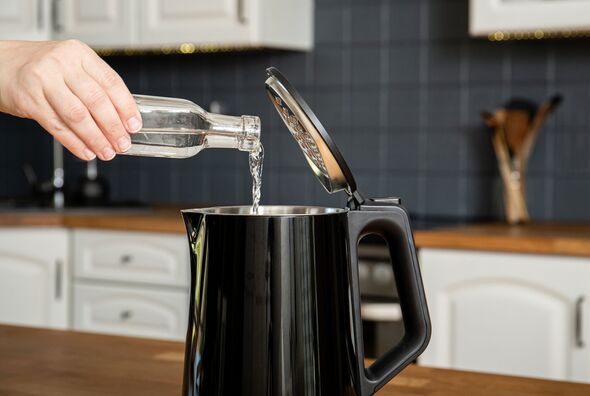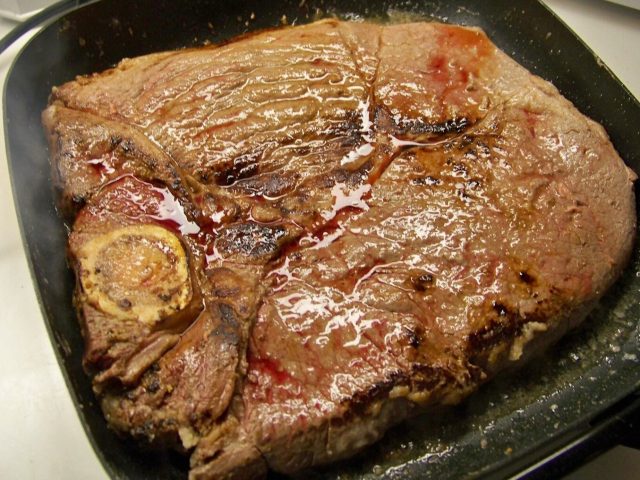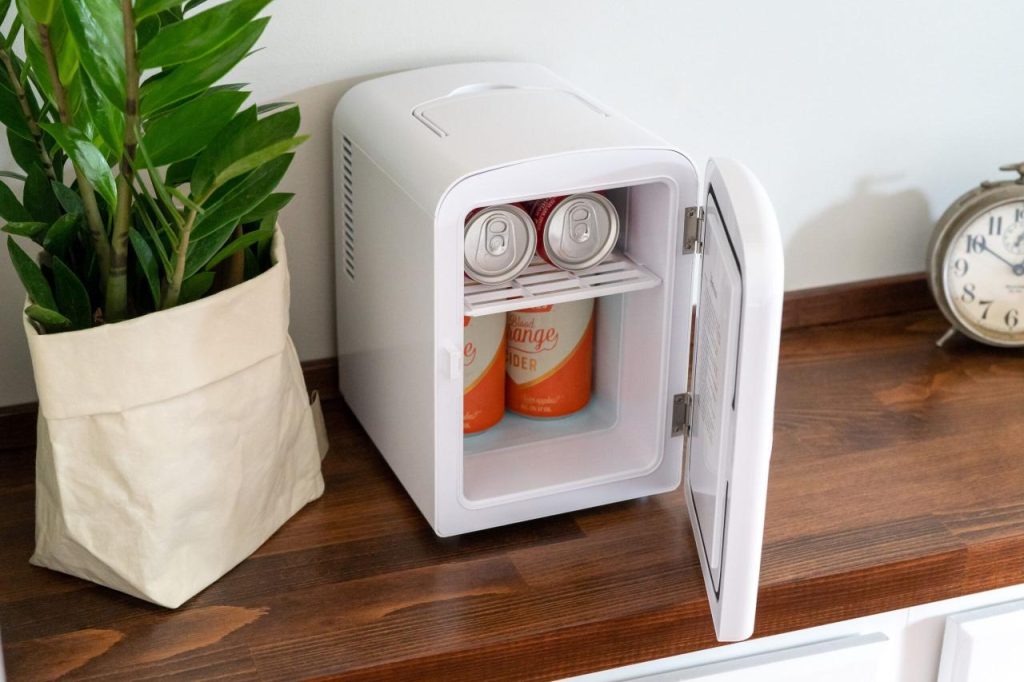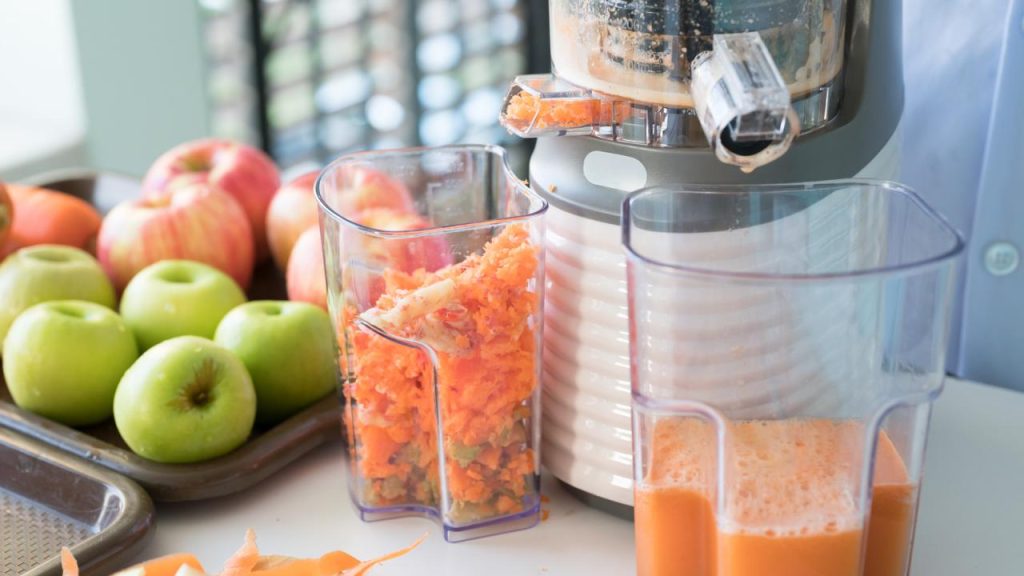Understanding the potential health implications of consuming kettle limescale is crucial for maintaining a balanced and healthy lifestyle. Given the prevalence of limescale in household appliances like kettles, comprehending its effects on human health becomes paramount.
This discussion explores the question “Is kettle limescale bad for you?” and delves into the impact of kettle limescale on health. It sheds light on the risks associated with its consumption and explores ways to mitigate potential concerns, providing insights from Cook Eat Delicious.
What is the limescale in a kettle?
Limescale, also known as calcium carbonate scale, refers to the chalky white mineral deposits that can accumulate inside kettles, hot water heaters, and other appliances that heat water. This buildup originates from hard water, which contains dissolved minerals such as calcium and magnesium.
As hard water is heated inside a kettle, the minerals become less soluble and precipitate out as solid limescale. Over time, this limescale accumulation can become quite thick and problematic.

Is kettle limescale bad for you?
Is it actually harmful to ingest limescale material? In general, the answer is no, with a few considerations:
- Composition of Limescale: Limescale primarily consists of calcium carbonate, which is not toxic and is, in fact, an essential mineral for human health.
- Traces of Heavy Metals: However, limescale may contain traces of heavy metals such as lead or copper if present in the water source. While these metals can be toxic in high doses, the concentration in limescale is usually too low to be a concern for most people.
- Texture and Taste: Limescale has a chalky texture and an unpleasant taste, but ingesting small flakes that end up in boiled water is not considered dangerous.
- Gastrointestinal Irritation: Larger limescale chunks could theoretically cause gastrointestinal irritation, so it’s advisable to avoid consuming those.
- Preventive Measures: Over time, heavy limescale buildup can lead to overheating and damage in kettles or water heaters. Descaling appliances periodically is recommended to remove limescale and prevent potential issues.
In summary, small amounts of kettle limescale in drinking water are generally safe to ingest and not directly hazardous to human health. However, it is still recommended to descale kettles and heaters to prevent appliance damage and avoid the consumption of larger chunks or quantities of limescale. Moderately hard water with some dissolved minerals is not considered dangerous or unhealthy.

How to remove limescale in the kettle?
To effectively eliminate limescale and adopt a preventive approach, installing a water softener is recommended. A water softener helps keep harsh minerals, such as calcium and magnesium, out of your water and kettle. This proactive measure ensures that no limescale residue is left in your appliance, preventing any chalky buildup from occurring.
To prevent limescale buildup in a kettle, consider replacing the water used in the kettle. The presence of limescale in the appliance indicates the use of hard water to fill the kettle. To avoid limescale, opt for the use of soft water and consider incorporating a filter in your water supply to remove specific impurities. This combination of using soft water and implementing filtration helps maintain the longevity of your kettle and prevents the accumulation of limescale.
FAQs
Should I remove and descale my kettle?
Yes, it’s advisable to periodically descale kettles and other appliances prone to limescale buildup. Descaling helps remove limescale, prevents mineral buildup, and allows the kettle to function properly without overheating.
What’s the best way to remove kettle limescale?
Common descaling methods include vinegar, lemon juice, store-bought descalers, or boiling a 50/50 white vinegar and water solution. Scrubbing with a cloth or brush helps remove stubborn deposits. Always rinse thoroughly after descaling.
Is it safe to boil water in a kettle with limescale?
Small amounts of limescale are generally safe, but it’s still best to remove heavy deposits. Large limescale buildup can lead to overheating, damage, and even make the kettle less energy efficient. Descaling helps keep the kettle in good working order.
While kettle limescale might not pose an immediate threat to health, its long-term consumption could potentially contribute to certain health issues.
Implementing regular descaling practices and considering alternative water sources can help reduce the risks associated with limescale consumption. By staying informed and taking proactive measures, one can mitigate potential health concerns and ensure a healthier lifestyle.







